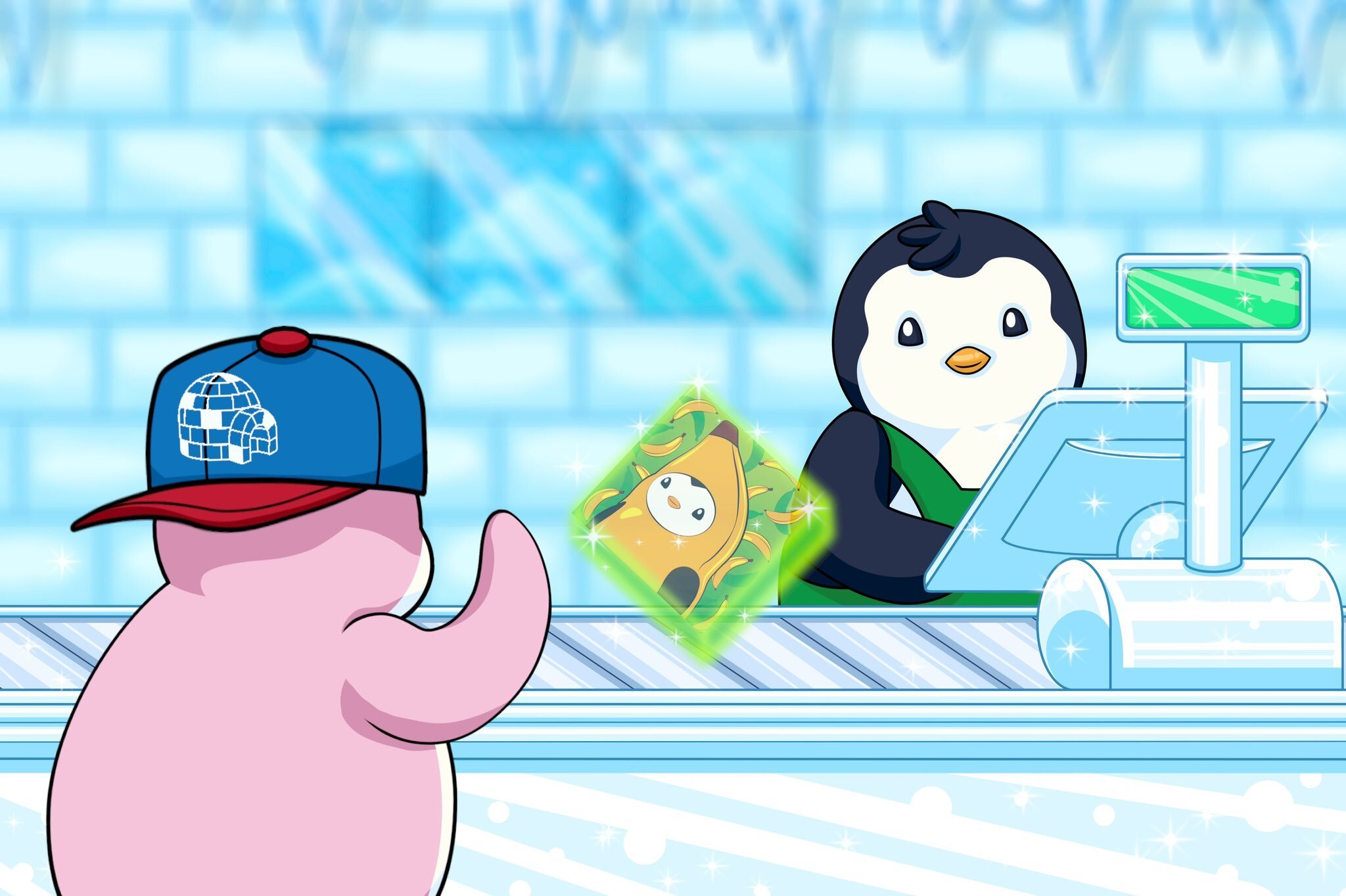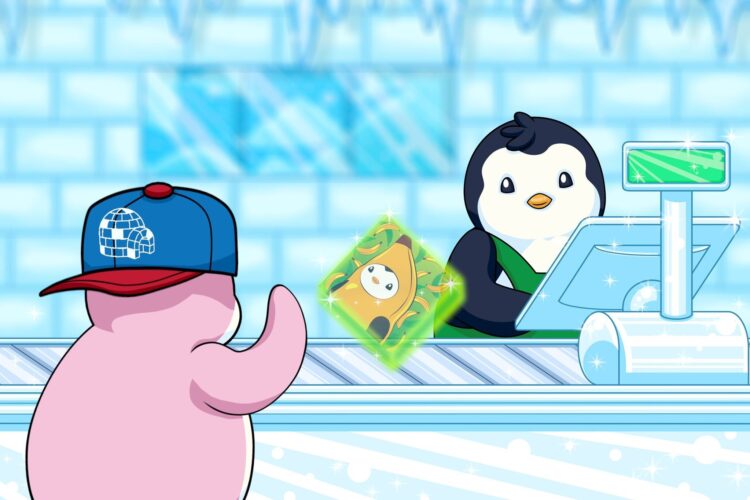
Pudgy Penguin was once known solely for his 8,888 NFT collection. But since 24-year-old Luca Netz bought the project for $2.5 million and took over as CEO in April 2022, it has evolved into an “IP and brand development company.” For the organization, this means a growing universe of digital assets and even forays into the physical realm.
Pudgy Penguin’s digital collectibles have generated over $400 million in transaction volume since their release. That early success in the NFT market has now been parlayed into the creation of an open-world, digital player experience called Pudgy World, which integrates blockchain technology from Ethereum and the zkSync Era, as well as an entire toy line, Pudgy Toys. Integrates.
Earlier this week, Pudgy Toys became available in more than 2,000 Walmart stores across the US, opening up avenues for growth outside of blockchain. The company is also launching its toys at Smyths, one of the United Kingdom’s largest toy store chains, to increase its toy sales from Five Below, Amazon, Hot Topic and other retailers.
Toy-focused expansion Netz claims that NFTs should have a broader presence, not limited to the digital world. He says the effort ultimately stems from solving some of the problems the industry is facing. “If you looked at what caused NFT projects to reach zero, [it] This intractable problem has been the desire to increase revenue and no other [option] than creating more NFTs, which [comes at] The larger community and the expense of the project,” he explains.
Classic supply-and-demand dynamics are at play here. Similar to a company issuing more shares, creating more NFTs of a particular set can cause the individual value of those assets to decline. Simply creating more NFTs does not mean that demand for the entire set will increase proportionally. Sometimes dilution is just dilution.
Selling software is a profitable business model because it is cheap to distribute, leading to high margins. The economics of NFT mints are similar. On the other hand, selling toys and other physical goods requires a different economic model. Netz compared the company’s profits on its Walmart toy push to the profits people once made from creating or creating new NFT collections: “What it does is it covers my expenses. “It gives me a model that I can grow, forecast, and project if I continue to scale.”
Pudgy Penguins expects to sell about $10 million worth of toys between May and the end of the year, Netz said recently on TechCrunch’s Chain Reaction podcast. After accounting for gross margin, partnerships and licensing fees, the company will make about $1.5 million to $2 million on that, he said.
Source: techcrunch.com

